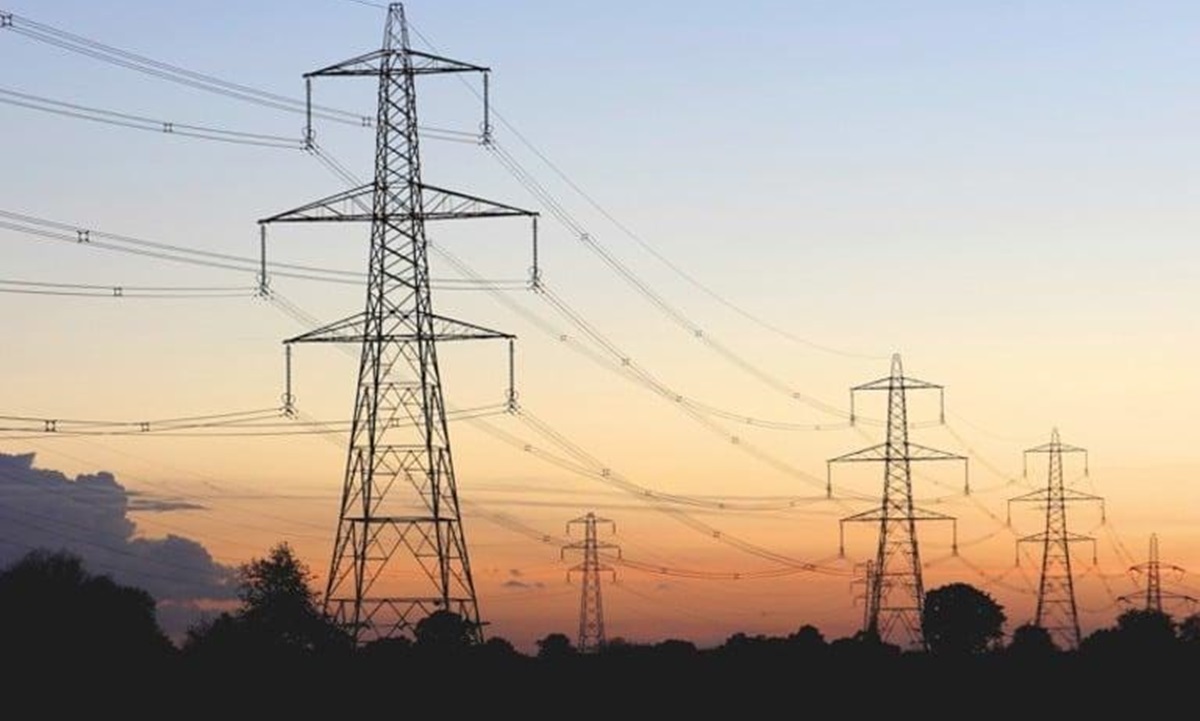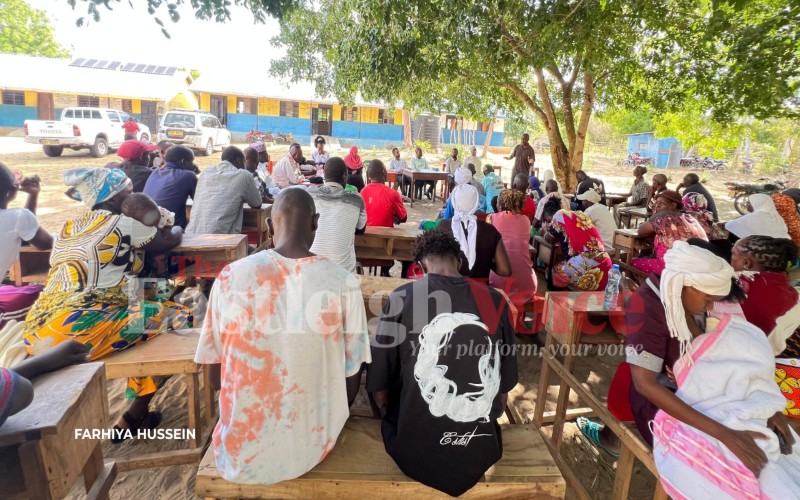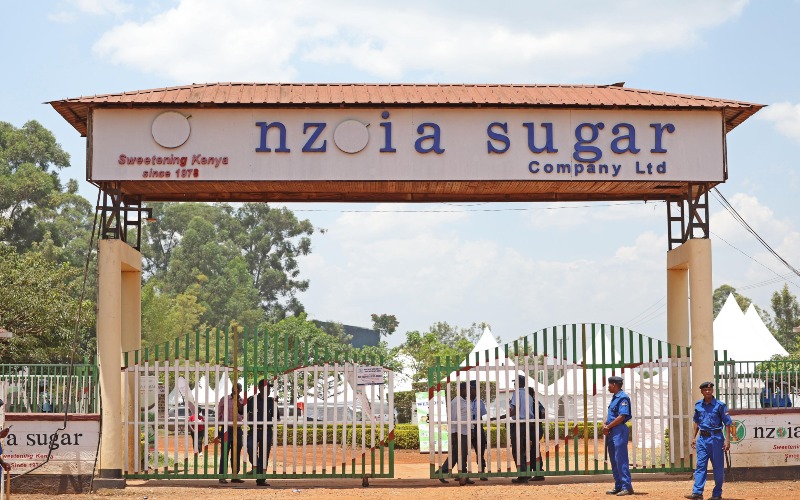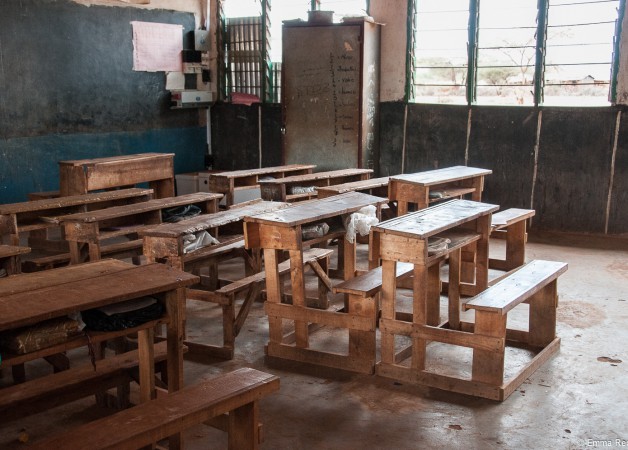Treasury approves Sh158bn power deals with Adani, Africa50

Adani Energy Solutions, a subsidiary of the Adani Group, will oversee the construction of several key transmission lines and substations.
India’s Adani Energy Solutions and Africa50 are set to construct critical power transmission lines and substations under a public-private partnership (PPP) deal valued at $1.22 billion (Sh158.24 billion). The National Treasury recently announced the approval of these projects, currently under negotiation, which aims to address the country's power reliability issues.
Adani Energy Solutions, a subsidiary of the Adani Group, will oversee the construction of several key transmission lines and substations. Their projects include the 206-kilometre (km) 400 kilovolts (kV) Gilgil-Thika-Malaa-Konza power transmission line, the 95-kilometre (220 kV) Rongai-Keringet-Chemosit line, and the 70-kilometre (132 kV) Menengai-Olkalou-Rumuruti line.
More To Read
- MPs push for urgent funding boost for Auditor General’s office
- 122 electrocuted as illegal connections, encroachment rise - Kenya Power
- County governments owe Kenya Power Sh5.67 billion in unpaid electricity bills - report
- Treasury under fire for using Sh2.67 trillion in domestic loans on recurrent spending
- Kenya Power rolls out digital meter reading system to boost billing accuracy
- Kenya Airways staff jailed for 25 years for trafficking heroin
Additionally, Adani will build a 400/220kV substation at Lessos and 132/33kV substations in Rongai, Nakuru, and Thurdibuoro in Kisumu. The total cost of Adani’s projects is estimated at $907 million (Sh117.62 billion).
“The project development or feasibility study report was completed, submitted, and approved in May 2024 for the project to progress to contract negotiations,” stated the Treasury in its draft Budget Policy Statement (BPS) regarding the Adani projects.
Africa50, owned by the African Development Bank and several African governments, will construct the 400 kV transmission line from Loosuk to Lessos, spanning 177 km, and the 64 kV Kisumu-Musaga 220 kV transmission line.
The package also includes associated infrastructure, such as substations, a new 400kV switch station at Loosuk, new 220/33kV substations at Kakamega, and substation extensions at Lessos, Musaga, and Kibos. The value of the Africa50 projects is $313.25 million (Sh40.62 billion).
“The negotiations with the private party are underway, and the proposed terms shall be tabled to the PPP committee for approval,” the Treasury reported regarding the Africa50 project pitch.
Kenya's transition to the PPP model for power projects aims to address the infrastructure deficit responsible for frequent power outages while avoiding additional financial strain or escalation of the national debt. This approach aligns with a parliamentary resolution directing the use of PPPs to build high-voltage power lines, given the government’s limited debt headroom for funding capital-intensive projects.
Gautam Adani, the second wealthiest person in India, owns Adani Energy Solutions, the largest private transmission company and a subsidiary of the Adani Group.
The infrastructure improvements by Adani and Africa50 are crucial for alleviating pressure on Kenya’s transmission lines, especially in the western region, which frequently suffers from power outages due to overloaded and outdated infrastructure.
For instance, to manage load capacity issues and prevent nationwide blackouts, Kenya Power had to ration electricity in parts of Western Kenya. The planned outages underscore the need for an upgraded transmission network to match the rise in new connections.
Financial constraints have historically hindered the expansion of Kenya’s transmission network, resulting in the need for power rationing despite having excess generation capacity.
Rising debt payment obligations, particularly to China, have diverted a significant portion of revenue collections to debt servicing, limiting funds available for development projects. In the fiscal year ending in June, Kenya spent 73.8 per cent of its Sh2.22 trillion ordinary revenue on debt repayment, highlighting the pressing fiscal challenges.
The National Treasury has identified a pipeline of 31 projects across the energy, transport, and water sectors at various stages of the PPP project cycle. These initiatives aim to diversify funding models and ensure sustainable infrastructure development without exacerbating national debt levels.
Top Stories Today











































